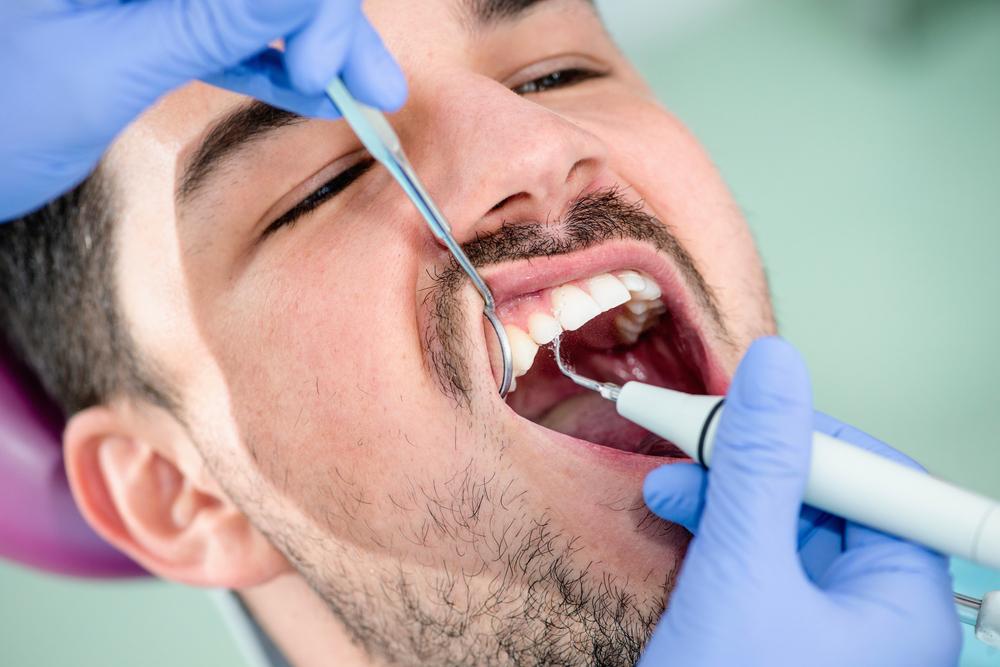Understanding Halitosis: Causes, Symptoms, and Effective Solutions
This comprehensive guide explores the causes, symptoms, and effective solutions for halitosis or bad breath. It emphasizes maintaining good oral hygiene, adopting home remedies, and consulting healthcare professionals for persistent issues. Easy tips and natural remedies like baking soda, herbal teas, and probiotics can help manage this common condition, improving confidence and social interactions.
Sponsored

Halitosis, commonly known as bad breath, is a condition characterized by an unpleasant oral odor. It can lead to social embarrassment, increased anxiety, and persistent concerns about personal hygiene. The severity varies, from occasional episodes to chronic issues that may require medical intervention. It ranks as the third most common reason for dental visits, following tooth decay and gum problems.
Symptoms often go unnoticed until someone points them out. Signs include a sour taste, dry mouth, altered taste perception, and a coated tongue. Causes range from food remnants and poor oral hygiene to medical conditions, tobacco use, and dental appliances. Addressing the root cause and maintaining good oral habits are key to managing halitosis effectively.
Signs of Bad Breath
Often unnoticed until someone comments, bad breath may cause others to distance themselves socially. Indicators include a sour taste, dry mouth, changes in taste, and a coated tongue.
Common Causes
The condition may stem from various factors such as:
Food particles stuck in teeth or their digestion by-products
Insufficient saliva production leading to dry mouth
Tobacco consumption, leaving odor-causing chemicals
Poor oral hygiene habits like irregular brushing and flossing
Medications causing dry mouth or chemical changes
Dentures or braces trapping debris and fostering bacterial growth
Effective Treatments
Addressing halitosis involves solving its underlying cause. Medical conditions like sinus issues, diabetes, or acid reflux should be treated appropriately. Adjustments in medication may be necessary if side effects contribute to bad breath. Common remedies include:
Consistent oral hygiene practices—brushing and flossing
Using mouthwash to reduce oral bacteria
Ceasing tobacco use, opting for sugar-free mints or gum instead
Regular dental check-ups, especially if wearing orthodontic devices
Home Remedies
Choose oral care products with natural ingredients like aloe vera, tea tree oil, or green tea to avoid dryness caused by alcohol-based products.
Baking soda rinses or brushing help control acid levels and bacteria.
Apple cider vinegar, diluted in water, can balance oral pH and be used as a gargle.
Herbal teas like mint or sage improve oral bacteria balance.
Munching on fresh herbs or sugarless mints boosts saliva flow and freshens breath.
Eating fiber-rich fruits like apples aids digestion and reduces bacterial build-up.
Practicing nasal breathing keeps the mouth hydrated and reduces dryness.
Incorporate beneficial oral probiotics like K12 and M18 to promote healthy bacteria.
Reducing or eliminating dairy is beneficial for lactose intolerant individuals.
Supplements rich in vitamins C, B, D, and E support immune health and mucus regulation.






